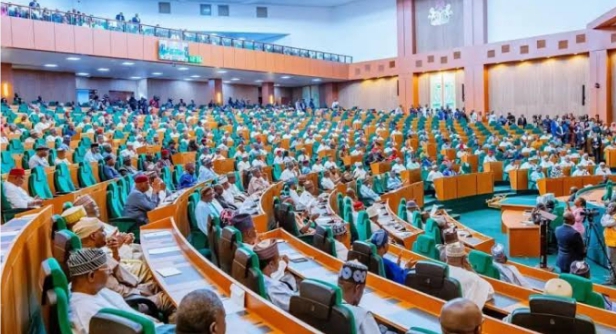Abuja, Nigeria – The House of Representatives has reaffirmed its dedication to transforming Nigeria’s livestock industry, with a simultaneous probe into the federal government’s failure to compensate poultry farmers hit by avian influenza outbreaks since 2021.
Hon. Wale Raji, Chairman of the House Committee on Livestock Development, announced the dual focus during a public hearing Thursday at the National Assembly complex in Abuja. The session examined six bills aimed at establishing new federal colleges and research institutes for animal production, veterinary training, and agricultural innovation.
The proposed laws align with the National Livestock Transformation Plan and broader legislative efforts to enhance research, education, and productivity in the sector.
“This hearing provides a platform for stakeholders to contribute ideas that will drive livestock growth, boost output, and create jobs,” Raji said. “Concurrently, we are examining delays in bird flu compensation to guarantee equity, accountability, and transparency.”
Raji pledged that the committee would translate stakeholder input into actionable recommendations for nationwide policy and institutional reforms.
Unpaid Claims Total ₦498.7 Million
Dr. Adeniyi Adedoyin, representing the Permanent Secretary of the Federal Ministry of Livestock Development, Dr. Chinyere Akujobi, disclosed that the government owes ₦498.7 million to 307 verified farmers affected by outbreaks between 2021 and 2023.
Prior to that period, ₦3.16 billion had been paid to 1,055 farmers for earlier incidents. A fresh outbreak in Wukari, Taraba State, led to the culling of 2,050 birds, with claims still pending.
Adedoyin traced compensation payments back to 2006, noting disbursements of ₦630.9 million, ₦674.2 million, ₦1.81 billion, and ₦47 million in phases through 2019. He blamed current delays on budget constraints and the lack of a dedicated Animal Diseases Contingency or Emergency Fund (ADEF) since 2021.
“Most farmers also operate without insurance,” he added.
Under a 2022 Federal Executive Council-approved framework, costs are split 50% federal, 25% state, and 25% farmer. Eligibility is limited to small-scale operators with 3,000 birds or fewer; larger commercial farms must carry insurance.
New Institutions to Drive Innovation
Hon. Bello Ka’oje (Kebbi State), sponsor of one bill, advocated for the Federal College of Animal Husbandry in Ka’oje as a hub for specialized training, research, and breeding advancements.
“The institution will elevate productivity, create employment, and bolster food security,” Ka’oje stated.
He highlighted Ka’oje’s entrenched livestock tradition and Nigeria’s lagging global rankings—94th in milk production and 33rd in meat as of 2022—despite surpassing regional peers like Egypt, Kenya, and Ethiopia in agricultural potential.
Ka’oje called for bipartisan support, underscoring livestock’s role in economic diversification and rural prosperity.

